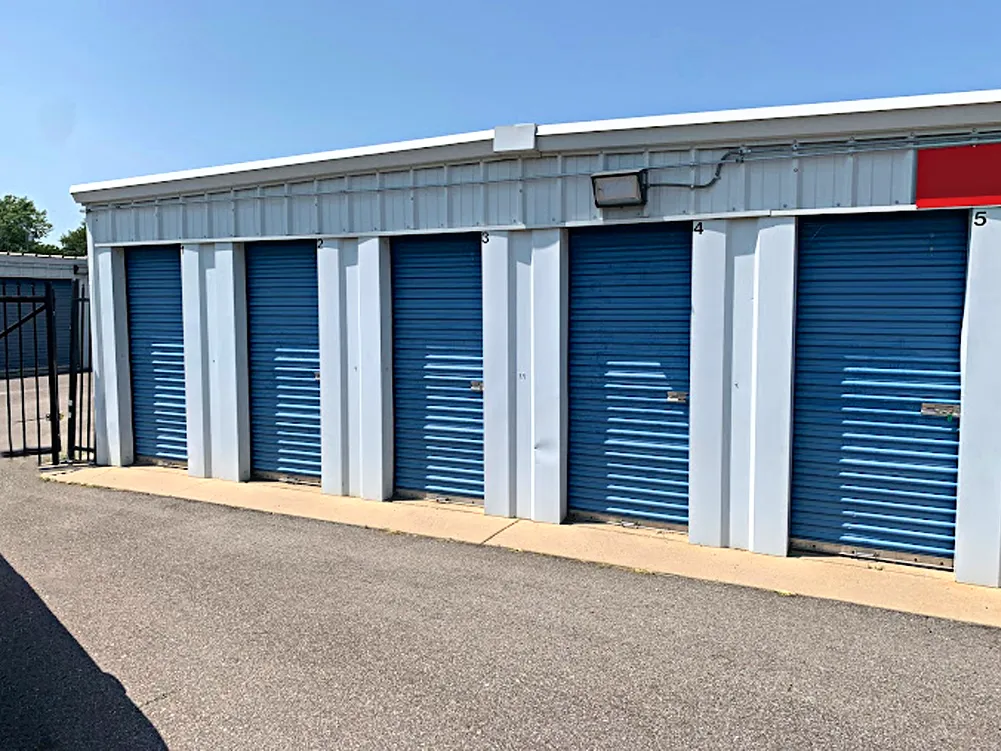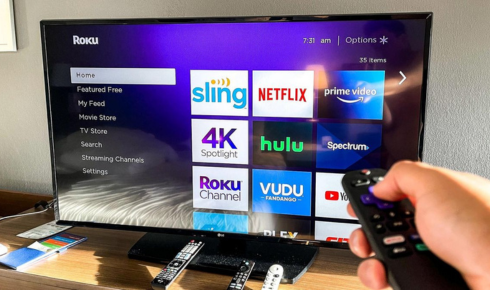As the world shifts towards sustainable energy solutions, solar power system technology is becoming increasingly popular among homeowners, businesses, and governments. Solar power harnesses energy from the sun and converts it into usable electricity, offering a clean, renewable, and eco-friendly alternative to fossil fuels. In this article, we will explore what a solar power system is, its components, benefits, and why it is an excellent investment for the future.
What is a Solar Power System?
A solar power system is a setup designed to capture sunlight and convert it into electricity using photovoltaic (PV) panels. These systems can power homes, commercial buildings, and even large industrial facilities. Solar energy is sustainable, as it relies on the sun’s natural radiation, which is abundant and free.
The technology behind solar power systems has evolved rapidly over the past few decades. Today, they are more affordable, efficient, and accessible to a wider range of users. Whether you live in an urban apartment or a rural farmhouse, solar power can be tailored to suit your specific energy needs.
Components of a Solar Power System
A typical solar power system consists of several essential components that work together to produce electricity:
- Solar Panels: These panels capture sunlight and convert it into direct current (DC) electricity.
- Inverter: The inverter converts DC electricity from the solar panels into alternating current (AC) electricity, which powers most appliances and devices.
- Mounting System: This secures the solar panels in place, either on rooftops or on the ground.
- Battery Storage (Optional): Batteries can store excess energy generated during the day for use at night or during power outages.
- Electrical Panel: Distributes electricity to various circuits in the building.
Each component plays a crucial role in ensuring that the system operates efficiently and reliably.
Types of Solar Power Systems
There are mainly three types of solar power systems:
- Grid-Tied Systems: These systems are connected to the local electricity grid. Excess energy generated can be sent back to the grid, often earning credits through net metering.
- Off-Grid Systems: Ideal for remote locations, these systems are completely independent of the grid and rely on battery storage to supply power when sunlight is not available.
- Hybrid Systems: These combine features of both grid-tied and off-grid systems, offering the flexibility of battery storage and grid connectivity.
Choosing the right system depends on your energy needs, budget, and location.
Benefits of Solar Power Systems
There are numerous advantages to installing a solar power system, making it a smart choice for energy-conscious individuals and businesses:
1. Environmentally Friendly
Solar power is a green energy source that helps reduce carbon emissions and dependence on fossil fuels. By adopting solar energy, you contribute to mitigating climate change and promoting environmental sustainability.
2. Cost Savings
One of the most significant benefits of solar power is the potential for long-term savings on electricity bills. After the initial installation cost, solar systems require minimal maintenance and can significantly lower your energy expenses.
3. Energy Independence
With a solar power system, you become less reliant on traditional utility providers. This is especially beneficial in areas where electricity prices are high or where power outages are frequent.
4. Increases Property Value
Homes and commercial properties equipped with solar panels often have higher resale values. Buyers are increasingly looking for energy-efficient homes with lower utility costs.
5. Government Incentives
Many countries offer financial incentives, tax rebates, and subsidies to encourage the adoption of solar energy. These programs can help offset the initial investment and make solar power more affordable.
Conclusion
Investing in a solar power system is a wise decision for anyone looking to embrace renewable energy, reduce electricity costs, and contribute to a healthier planet. With advancing technology and increasing affordability, solar energy is now more accessible than ever. By switching to solar, you not only secure a sustainable energy source but also play a vital role in shaping a greener future.
Ask ChatGPT




